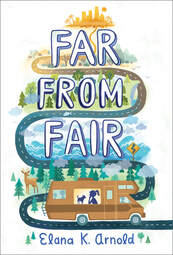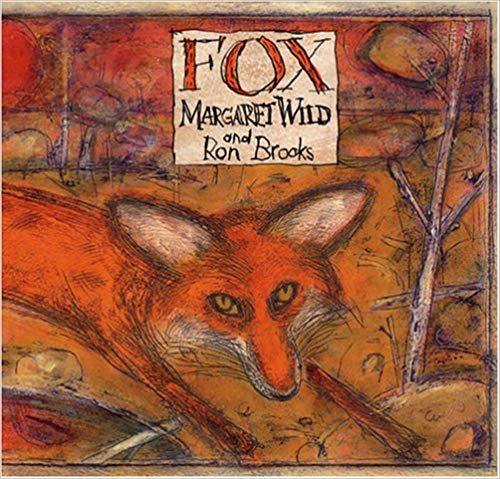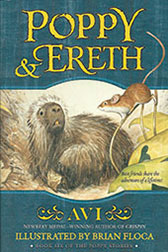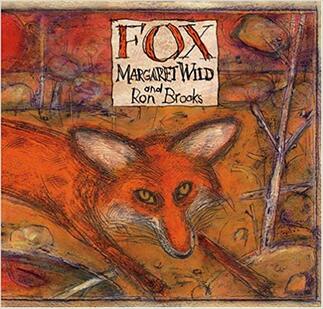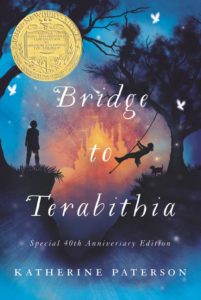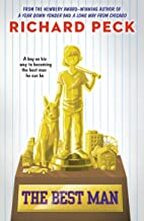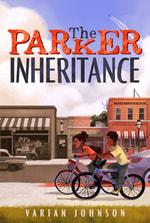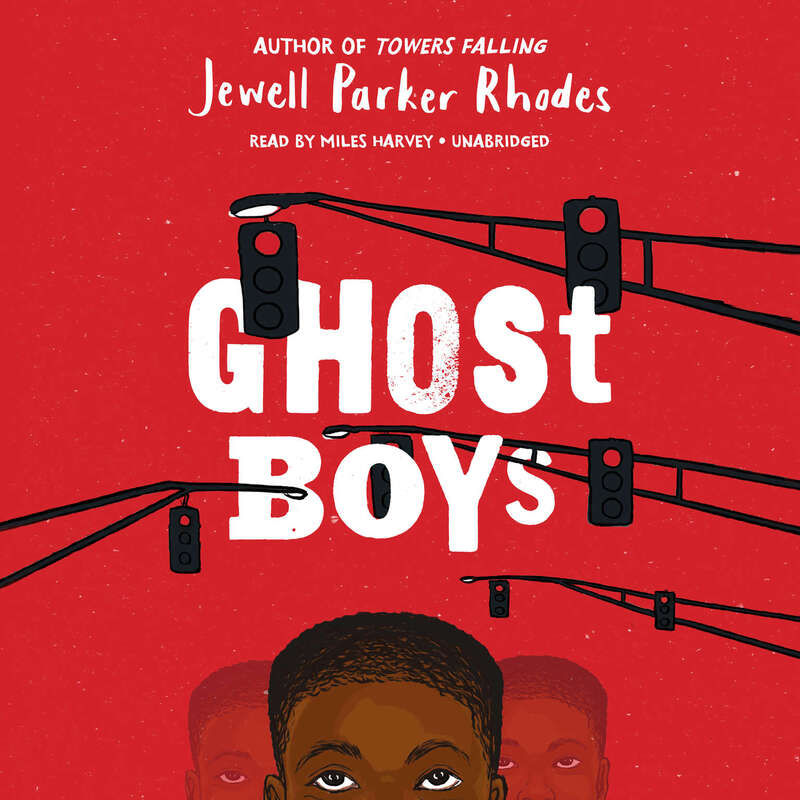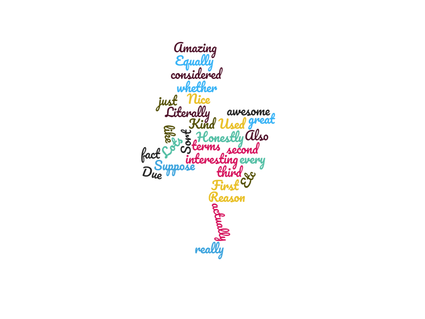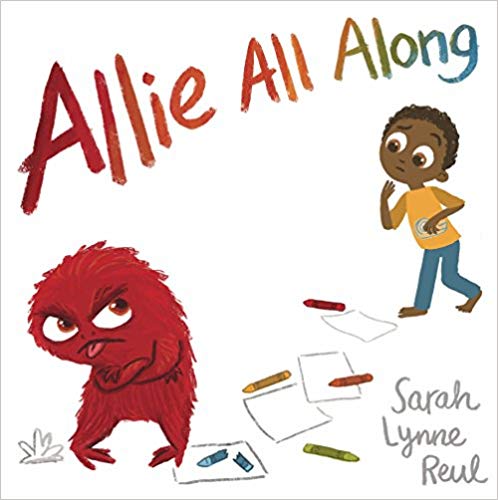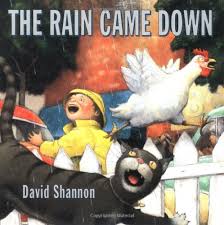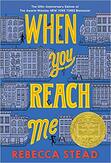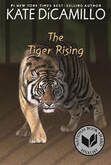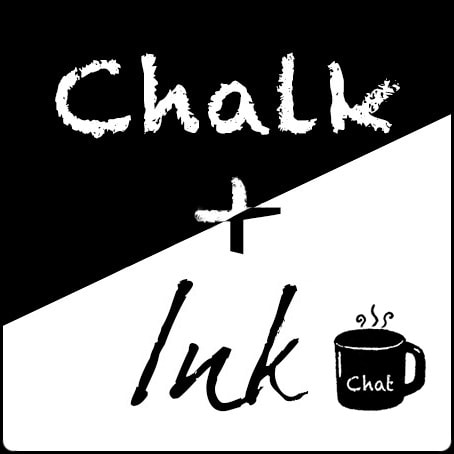|
On December 13th, I published the first five revision tips to try with your students. This week we'll focus on the last five revision tips. Since many people are celebrating holidays right now, many generous authors and illustrators have donated copies of books for you to start your own classroom's writer's workshop basket. Leave a comment before 2019 ends on this post, including the school you work at, to be entered to win these awesome books! Winner will be announced in the January third blogpost. Many thanks to Melissa Stewart, Sarah Brannen, April Jones Prince, Jamilah-Thompkins Bigelow, Kim Norman, Avi, Jessie Oliveros and Jeannine Atkins for their generosity! Revision Tip Number Six:Once students know about the magic rule of three, they'll start to notice it in most of the books they read. ReadWriteThink has a lesson plan about the magic rule of three here. My favorite rule of three happens in Elana K. Arnold's Far From Fair. The main character, Odette, can't believe they're selling their house for a brown rv motorhome which she describes as, "Obnoxiously ugly, emabarassingly ugly, epically ugly." Pairing a different adjective with the word ugly three times makes readers feel Odette's despair. Many eleven-year-olds can relate to being embarassed by their family's home. Even some almost seventeen-year-olds, like mine, are too mortified to bring their friends home because they fear their abodes are too different from everyone elses. I digress. This first page is a powerful way to introduce students to the magic rule of three, and they will clamor for a chance to add this book to their book bag. Fox by Margaret Wild is one of the Lucy Calkins' mentor texts. It has several magic rules of three, and it's also great for sensory details. Plus, if you use Calkins, hopefully it's a book you already have in hand! I also already mentioned Avi's Poppy and Ereth. In addition to speaking in alliterative phrases, most of Ereth's phrases are also magic rules of three. Plus, they're hilarious. Reading a dialogue exchange between Poppy and Ereth is a great way to elevate the mood in the classroom. Revision Tip Number Seven: Start in the Middle of the ActionOkay, I guess Fox is a great book, because you can use it for three of these revision tips. No wonder why Lucy Calkins picked it as a mentor text! If you're like me, you're read student narratives that spend five pages describing the character waking up, and one page of the rest of the action in list format. Fox is a great book to use as a model with students to show them that the action arc needs to start right away. Dog rescues Magpie, who has a charred wing, from a forest fire. But, she doesn't want his help because she'll never be able to fly again. Over time, Magpie and Dog develop a tender friendship that Fox later attempts to destroy. Another book most upper elementary rooms probably have in hand is A Bridge to Terabithia. I know this is an old book(almost as old as me), but sometimes it's nice to use a book you already have so you can avoid a trip to the library or emptying one's purse for yet another book. It's also a great story. Plus, Katherine Paterson is my childhood hero. One day she was at An Unlikely Story, Jeff Kinney's bookstore, and I froze. One of my writer friends had to take me by the arm to meet her. I finally did, but I couldn't find my voice. I did shake her hand though. Anyway, I love the fact that it starts with a sound that leads to action. You can point the sound out as a way to start with a sound as well as an action hook. Revision Tip Number Eight: Meaningful DialogueToo often student work lacks dialogue, or if it has dialogue, it's not meaningful. The dialogue reads something like this: "How are you?" "Good. How are you?" "I'm good." You get the picture. Hopefully, any published novel has meaningful dialogue, but here are three of my favorites. Richard Peck is one of my favorite novelists. The last book he wrote before he died is The Best Man. He once said, "Nothing important was ever said sitting down," which is why he always wrote his dialogue standing up. Kids love to hear this because it reminds them that writing doesn't have to be done at a desk. It should be done wherever you can most connect to your emotions. You can watch the YouTube video below to hear him read a humorous dialogue exchange between Grandma Dowdel and housebound Aunt Madge, which is from his A Long Way from Chicago series. Unlike the A Long Way from Chicago series, The Best Man is realistic, not historical, fiction. So, there are more entry points for today's fourth grade readers. The plot also centers around the main character's, Archer, realization that his uncle is gay. Varian Johnson is another master of dialogue. The Parker Inheritance should be in every elementary school alongside Ellen Raskin's The Westing Game, as well as be incorporated into every Civil Rights unit. Although The Parker Inheritance focuses on race relations, one of the main character's is also dealing with her parents' divorce and the knowledge that her father has a boyfriend. Ghost Boys by Jewell Parker Rhodes takes a hard look at modern day racial injustice and implicit bias as well as race relations during the Civil Rights. This book has the most powerful last page I've ever read in my life. It's message is quite clear, it's up to each one of us, everyone who is living, to make the world a better place. Listen to Jewell Parker Rhodes talk about Ghost Boys below. Revision Tip NumberNine: Vary Sentence BeginingsChallenge students to begin each sentence in a paragraph with a different word. Not only will it keep them busy, it nudges them to make some changes they might not otherwise make. In order to start each sentence with a different word, they may have to flip the sentence's subject and predicate. So, "I ran the brush through my hair," can become "The brush snagged each gnarled-up knot of hair on my head." Or they may have to take a complex sentence and split it into two separate sentences which could help them vary their sentence lengths. Revision Tip Number Ten: Use Setting to Show EmotionRemember to leave a comment below before 2019 ends to be entered into a drawing to win your own writer's workshop book basket. Happy Holidays everyone.
3 Comments
Jason Lewis
12/30/2019 12:45:13 pm
Jason, grade 5, Tyngsboro, MA
Reply
1/12/2020 12:54:58 pm
Jason, you won the books. Please use my contact form to send me your school's address so that I can send the books your way! Thanks, Kate Narita
Reply
Leave a Reply. |
Chalk + Ink ChatsWant to hang out with teachers who write and writers who teach? Fill this form to join our Archives
October 2023
Categories |
